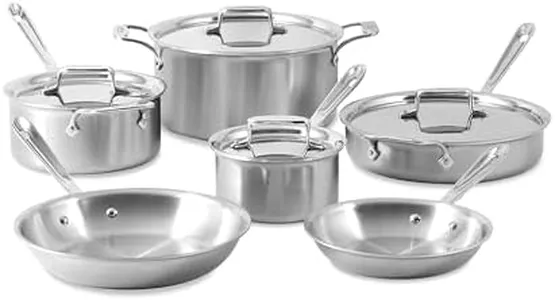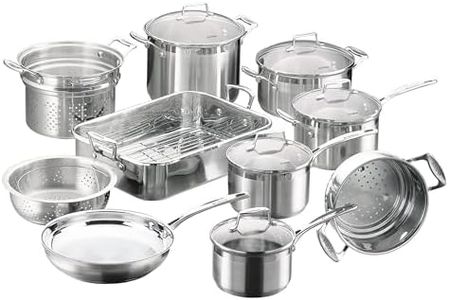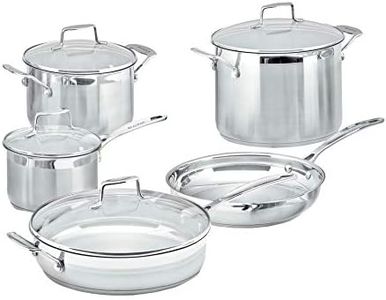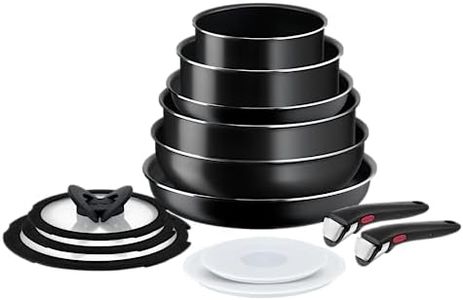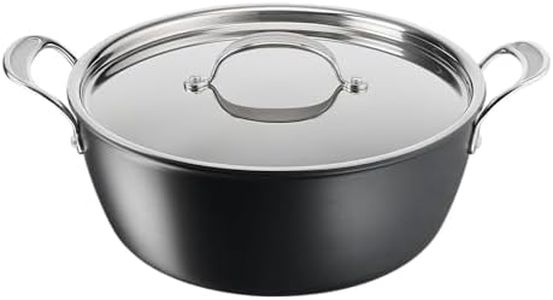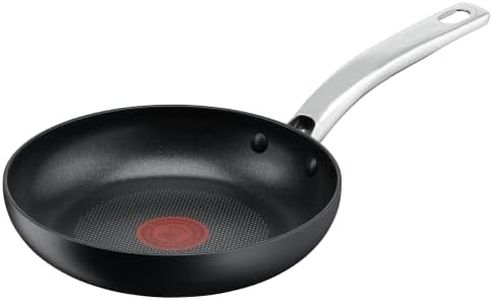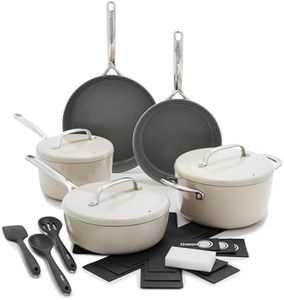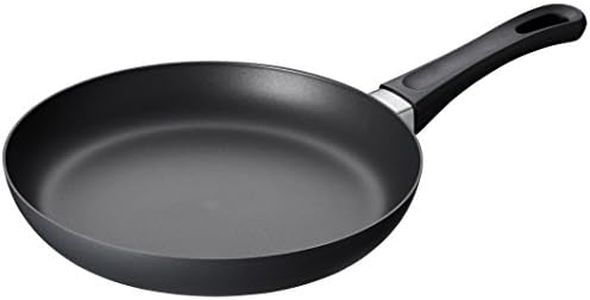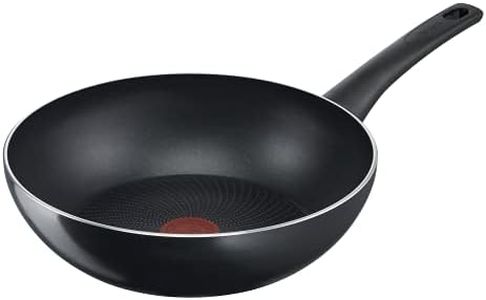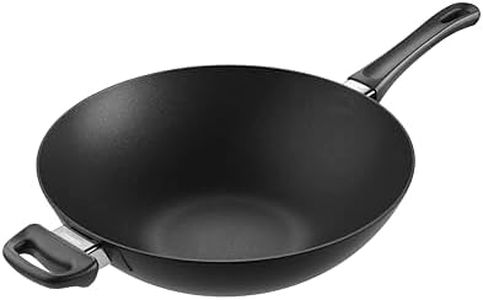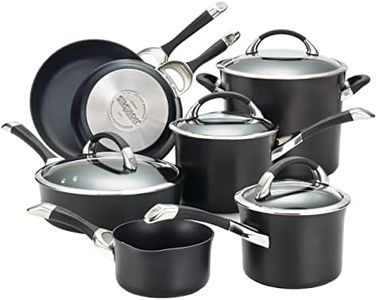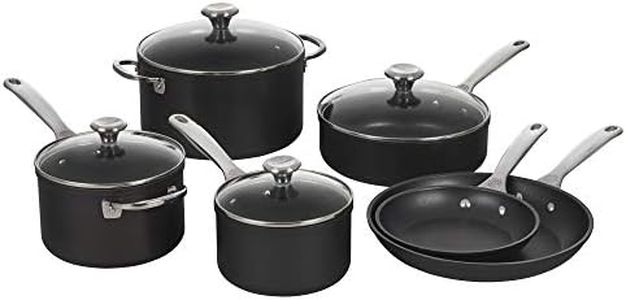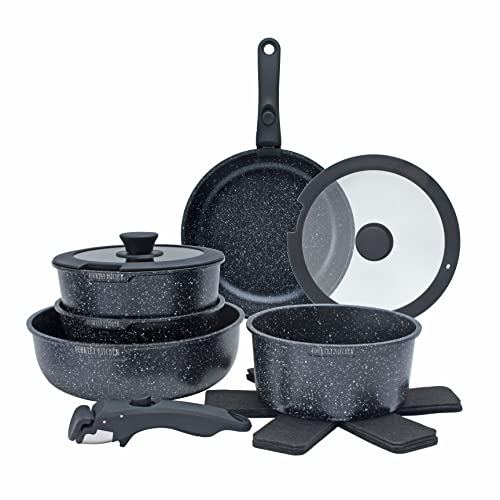We Use CookiesWe use cookies to enhance the security, performance,
functionality and for analytical and promotional activities. By continuing to browse this site you
are agreeing to our privacy policy
10 Best Non Scratch Cookware
From leading brands and best sellers available on the web.By clicking on a link to a third party's website, log data is shared with that third party.
Buying Guide for the Best Non Scratch Cookware
Choosing non-scratch cookware is a great way to protect your pots and pans from wearing out too quickly and to maintain the performance and appearance of your kitchen tools. To find cookware that truly resists scratches, it's important to understand the materials used, the types of coatings applied, and how these factors impact cooking, cleaning, and durability. By thinking about your cooking habits and how you care for your cookware, you can select pieces that will last longer and remain safe for everyday use.MaterialThe base material of your cookware matters because it affects scratch resistance, even heating, and durability. Common materials include stainless steel, aluminum, copper, and cast iron. Stainless steel is tough and highly resistant to scratching but may not be completely nonstick. Aluminum is lightweight and heats quickly, though it often needs a nonstick coating for best use. Cast iron is very durable but can scratch if not properly seasoned or if metal utensils are used. When choosing a material, think about how you cook: if you want something that will hold up to heavy use with metal utensils, look for stainless steel or high-quality cast iron. For gentler cooking or if you use plastic or wooden tools, coated aluminum might be suitable.
Nonstick CoatingA nonstick coating is a layer applied on the cookware's surface to prevent food from sticking, making cooking and cleaning easier. The quality and type of coating (such as PTFE or ceramic) determine how scratch-resistant the pan is. PTFE coatings are generally more durable against scratches if you use soft utensils, while ceramic coatings are considered more eco-friendly but may wear faster. If scratch resistance is your top priority, always use wooden or silicone utensils regardless of the coating, and look for reputable brands with thicker or reinforced coatings.
Hard AnodizationHard anodization is a process that creates a tougher, non-reactive layer on aluminum cookware, making it harder and more scratch-resistant than regular aluminum. This layer is very durable and good for those who want lightweight pans that won't easily get scratched. If you cook frequently and want something long-lasting that resists scratches and corrosion, hard-anodized cookware is a strong choice, but still avoid using metal utensils to maximize its lifespan.
Utensil CompatibilityHow scratch-resistant your cookware is often depends on the utensils you use. Some cookware claims to be metal utensil-safe, meaning it resists scratches from metal spoons or spatulas, while others require only plastic, wood, or silicone utensils. Check what types of utensils are recommended because following this guidance will prolong the life of your cookware. If you know you'll sometimes use metal tools, look specifically for pans that highlight compatibility with metal utensils.
Ease of CleaningCookware that resists scratching is often easier to clean, as food and stains won’t cling as tightly to a smooth, intact surface. Dishwasher-safe products are convenient but can sometimes cause coatings to deteriorate faster if not designed for it. Consider your cleaning habits: if you don’t want to hand-wash after every use, look for cookware labeled as dishwasher-safe and scratch-resistant. If you don’t mind hand-washing, you have more flexibility in your choices.

